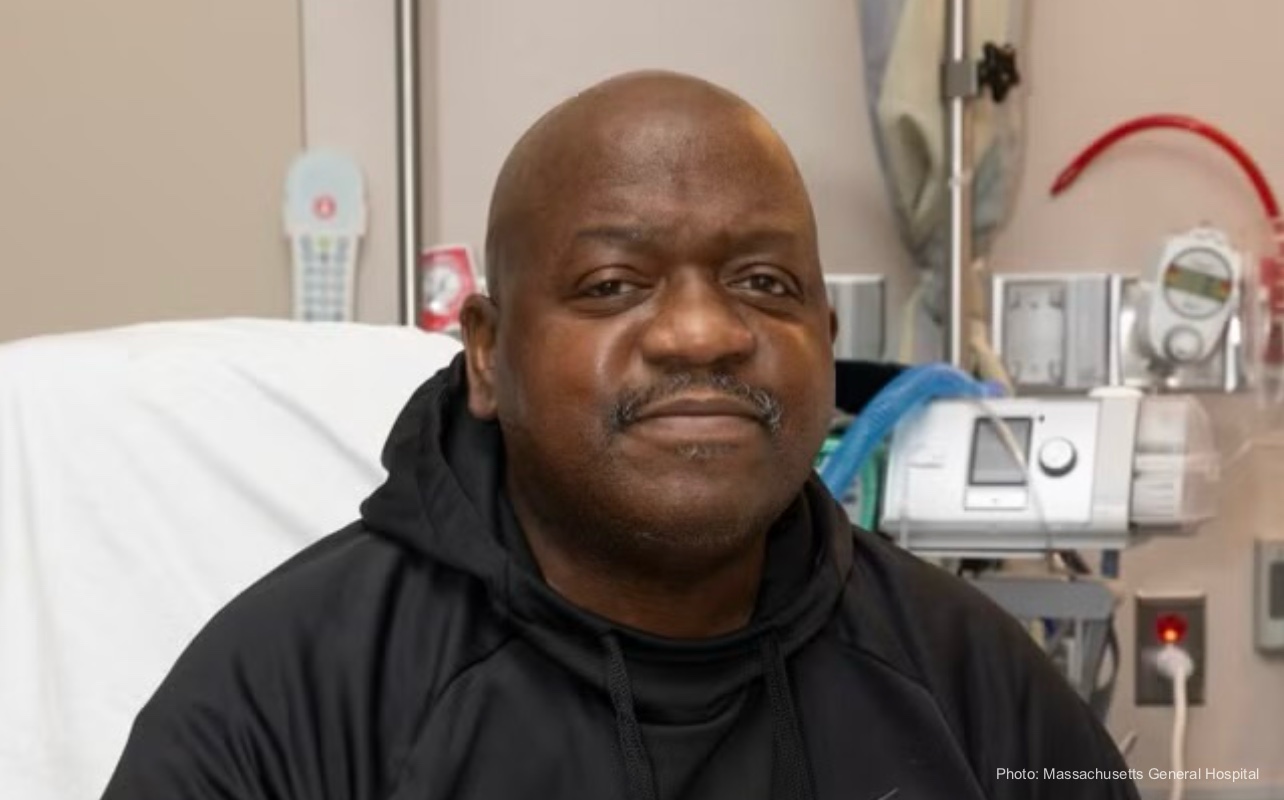April 5, 2024
On April 3, Richard Slayman, 62, became the first patient to receive a kidney from a genetically modified pig.
According to The New York Times, a groundbreaking moment for medical science happened on April 3, when Richard Slayman, 62, became the first patient to receive a kidney from a genetically modified pig. Following the pioneering surgery at Massachusetts General Hospital, Slayman was discharged from the hospital merely two weeks post-operation. This remarkable feat underscores the potential of cross-species organ transplantation.
A post shared by The Neighborhood Talk (@theneighborhoodtalk)
The success of Slayman’s transplant offers a glimmer of hope for the future of xenotransplantation, where organs from genetically engineered animals are transplanted into humans. Dr. David Klassen, Chief Medical Officer for the United Network for Organ Sharing, expressed optimism about the procedure’s potential to benefit a wide array of patients, marking a significant advancement in organ transplantation.
The kidney transplanted into Slayman has exhibited remarkable functionality, effectively carrying out essential tasks such as producing urine, eliminating waste from the bloodstream, and maintaining fluid balance, as confirmed by his medical team at Massachusetts General Hospital.
In a statement released by the hospital, Slayman expressed profound gratitude for the pivotal moment of leaving the hospital with newfound health. “This moment — leaving the hospital today with one of the cleanest bills of health I’ve had in a long time — is one I wished would come for many years,” he remarked, underscoring the significance of the milestone now realized.
Klassen highlighted the significance of the procedure in advancing the prospect of xenotransplantation, or animal-to-human organ transplants, toward tangible reality.
“While there is still much work ahead, I believe the potential of this advancement to benefit a substantial number of patients will soon become a reality,” Klassen said. “This development addresses a longstanding question mark hovering over the field of organ transplantation.”
However, uncertainties remain. Klassen emphasized the need for further research and clinical trials to ensure the safety and efficacy of xenotransplantation. The logistical challenges, including the cost and ensuring an adequate supply of organs from genetically engineered animals, loom large,e prompting reflection on the feasibility of integrating such procedures into the healthcare system.
Despite the hurdles, the medical potential of pig-to-human transplantation is immense, particularly for individuals with end-stage kidney disease who face long waits for human donor kidneys. Slayman’s case offers a ray of hope for thousands of patients on organ transplant waiting lists, underscoring the urgent need for innovative solutions to address the organ shortage crisis.
While Slayman’s journey hasn’t been without challenges, including signs of organ rejection, doctors remain optimistic about his prognosis. Dr. Leonardo V. Riella, medical director for kidney transplantation at Mass General, described the initial roller coaster of emotions but expressed confidence in Slayman’s response to treatment, likening it to patients who receive organs from human donors.
As Slayman embarks on the next phase of his recovery journey, he is reminded of the importance of vigilance and adherence to medical protocols. With close monitoring and ongoing care, Slayman aims to resume his daily activities and improve his quality of life.
RELATED CONTENT: Black People With Kidney Issues Face Barriers, Will Eliminating An Allegedly Racially-Biased Test Help?
Enter your Email Address below to get our fun-filled Newsletter!
© 2024 Black Enterprise. All Rights Reserved.

